LifeX Blog
Danish Culture: People, Traditions, and Customs
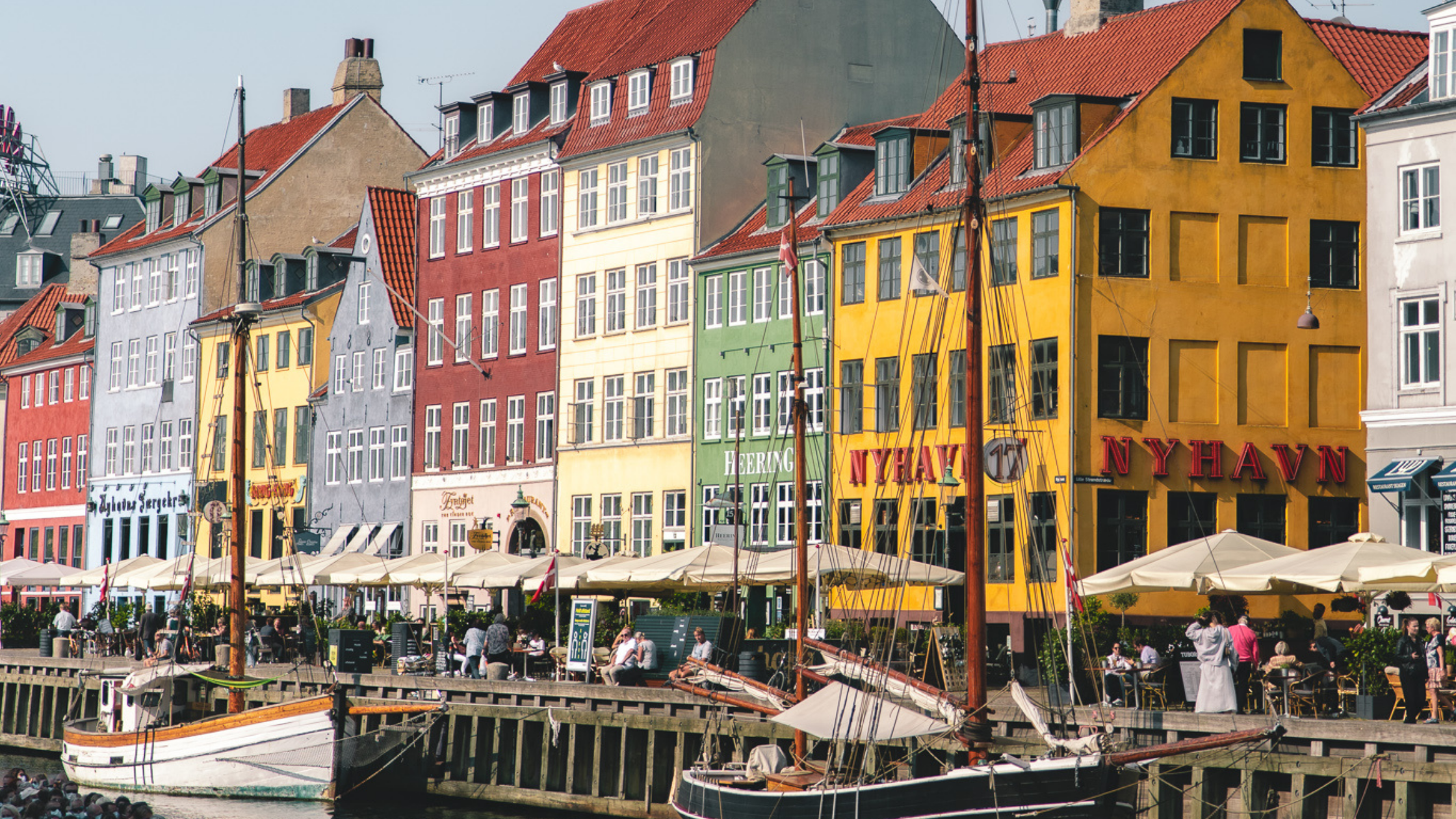 Denmark is home to many curious and amazing traditions. To help newcomers understand Danish culture and traditions better, we have chatted with three Danish people living in LifeX apartments. Morten Vistisen, who is a Developer living in Copenhagen. Jonas Sondergaard, who is a Business Developer living in Copenhagen. And Tina Randrup, who is a Co-founder living in Copenhagen. They shared lots of great traditions, insights, and advice. Keep reading, if you want to learn more about Danish culture or if you’re trying to envision your life in Denmark.
Denmark is home to many curious and amazing traditions. To help newcomers understand Danish culture and traditions better, we have chatted with three Danish people living in LifeX apartments. Morten Vistisen, who is a Developer living in Copenhagen. Jonas Sondergaard, who is a Business Developer living in Copenhagen. And Tina Randrup, who is a Co-founder living in Copenhagen. They shared lots of great traditions, insights, and advice. Keep reading, if you want to learn more about Danish culture or if you’re trying to envision your life in Denmark.
If you haven’t already, you can read our other blog post about Danish culture:
The Fundamentals of Denmark 🇩🇰
Distinctly Danish - Celebrations
There are many Danish celebrations that are exclusive to Denmark. Here are the favourites as mentioned by our interviewees.
- Cinnamon and pepper on 25th and 30th birthdays. Danes need to keep an eye out for their friends on 25th and 30th birthdays if they’re not married. In parts of Denmark, it’s customary that if someone is not married yet on their 25th birthday that their friends will find them and cover them in cinnamon. If they’re still single on their 30th birthday, they can expect the same but with pepper this time. Jonas said, “people take it really seriously in Jutland [Western part of Denmark], it’s even common for friends to travel a few hours to find you on your birthday”. With the average age of marriage in Denmark being around 37 years old, maybe it’s a good idea to invest in spice stocks 🤔
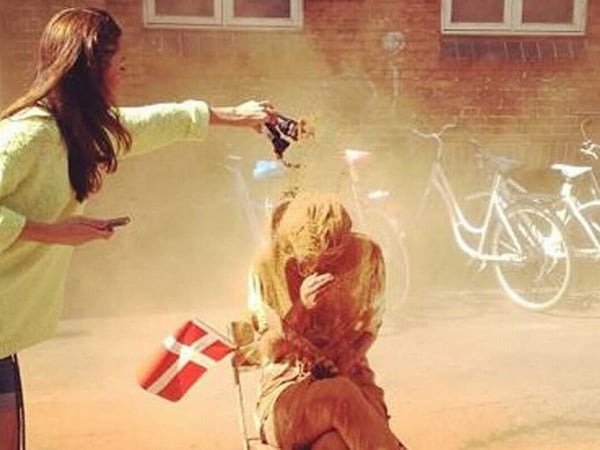
- Sankt Hans is an old tradition in Denmark, where Danes celebrate the longest day of summer. It’s essentially the Danish version of Midsummer but with different festivities. The roots of Sankt Hans date back to the Middle Ages (1600’s) when it was a ceremony to banish witches. Nowadays, it’s celebrated all over Denmark with bonfires, songs, drinks, and lots of merriment. Cities often host large bonfires and many have private parties with bonfires. Morten, whose girlfriend is from Chile, said “she was pretty shocked by Sankt Hans as it was one of the first Danish traditions she participated in. She was surprised by the event and also the amount of drinking.” If you’re celebrating Sankt Hans in Denmark, don’t be surprised to see a handmade straw witch being burned.
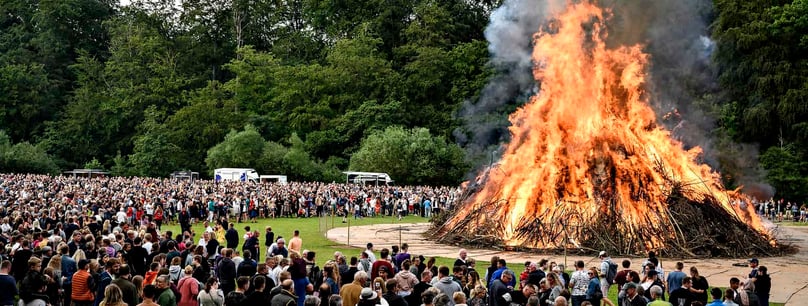
- Fastelavn can be categorized as a crossover between Halloween and Carnival. Hosted in mid-February, it’s traditionally rooted as a kick-off for Lent, though its association has faded a lot over the years. Nowadays, people dress up in costumes and hit a barrel full of Candy (like a pinata); Fastelavn is mostly for kids but it’s becoming popular for adults to celebrate it too. A long time ago, the tradition was to put a black cat in the barrel - which of course is no longer practised but may be represented in the decorations. If you’re not participating in Fastelavn, you will be sure to see tons of kids in costumes all over the place. At the very least, you have to eat a Fastelavn bun 🤗
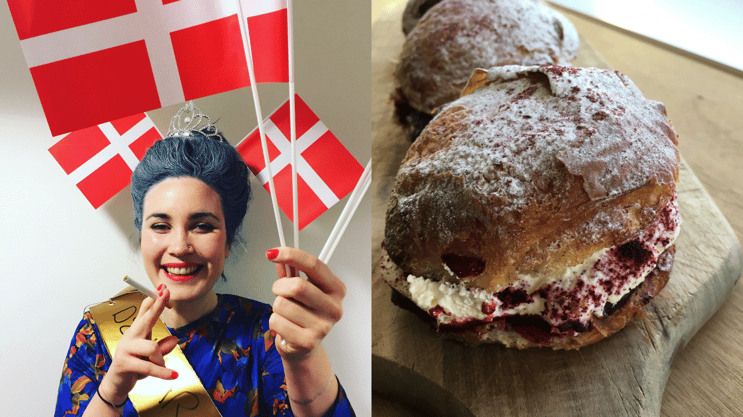
- Julefrokost (Christmas Lunch) is a Christmas season celebration that takes place anytime between November and February. The Danes do Christmas like no other, but more on that later. Julefrokost has become something of its own over the years and thus deserves its own mention outside of Christmas. People in Denmark usually participate in multiple Julefrokosts which are celebrated with colleagues, friends, family, sport groups etc. So if you’re a social butterfly, the Julefrokosts can really pile up. At Julefrokosts people sit down and have a proper feast, punctuated by schnapps and songs throughout the event. It has all the ingredients for a great party and needless to say, it almost always turns into one! Pro tip, don’t schedule an 8am meeting the morning after 😉If you're planning your own Julefrokost, we have some recipe ideas for you.
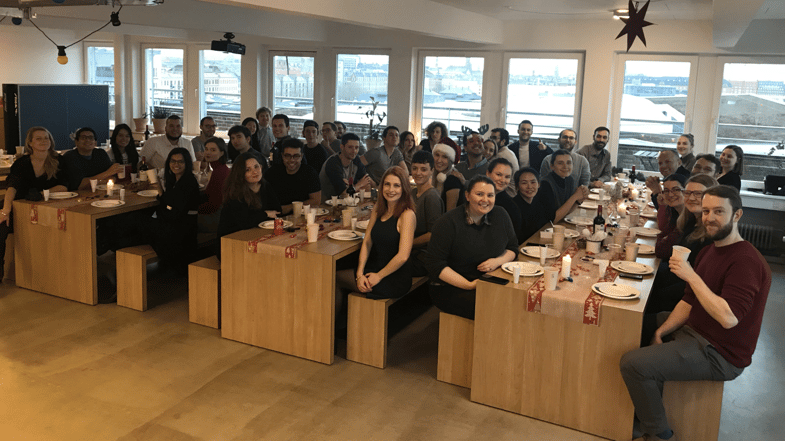
Distinctly Danish - Customs
Along with the celebrations, there are also some distinct customs and social norms in Denmark, though they are not exclusive to Denmark, they are quite noticeable nonetheless.
- Flat hierarchical structures at work. Danish workplaces have some of the flattest work structures in the world. This is very reflective of the Danish culture and their value on equality (have you read about Janteloven?). What this means is that discussions and feedback are generally encouraged and can be shared between people regardless of role/title. This creates a good social environment at work, which can make it a good place to find new friends, “I’m really good friends with my boss, which outside of Denmark might be surprising to some people” said Morten. There is a lot of autonomy and responsibility given to individuals and there isn’t an expectation that all ideas come from the top down - so don’t sit around and wait to be asked or told what to do!
- Drinking habits, it’s no secret that Danes enjoy a good beer, and most of their celebrations involve drinking 🍻 They drink (and smoke) the most out of all the Scandinavian countries. Tina noticed a difference when she lived in Berlin, “I was surprised when I moved and realized that Friday Bars were a Danish thing.” It’s quite common at most workplaces to have Friday Bars at the office with your colleagues. It’s a great time to socialize, so you should join even if you don’t imbibe.
.png?width=751&name=Danish%20Culture%20blog%20(1).png)
- Accessible education, university is free in Denmark! In addition to that, Danes actually receive a grant called SU when studying (EU citizens pay attention, because you too can access this). This is a great government initiative that has been around for a long time. The amount of money granted through SU depends on an individual’s circumstances, but in general, Danes over the age of 18, who have moved out of their parents home and are studying, receive around €800 per month. Jonas noted that when he lived in the Netherlands on Erasmus, there was no celebratory feeling among students on the first of the month (when SU is normally delivered), which made him reflect and feel grateful for the SU program. Most Danes move out of their parents’ homes around the age of 19 and SU helps this support this early independence.
A Danish Spin On International Traditions
Danes celebrate a lot of globally recognized occasions. Of course, they have their own twist on how they celebrate it. Here are the favourites of the Danes we interviewed.
- Easter is a special time in Denmark! There are three public holidays surrounding Easter so Danes have a nice long weekend to visit family, or use a few vacation days and take a long holiday. Jonas mentioned that this is one of his favourite holidays, and that “Danes usually spend it with family and have a really big feast with schnapps, we even have a special easter beer with a chick on the label.” You’ve got to try the seasonal easter beer if you’re in Denmark around easter.
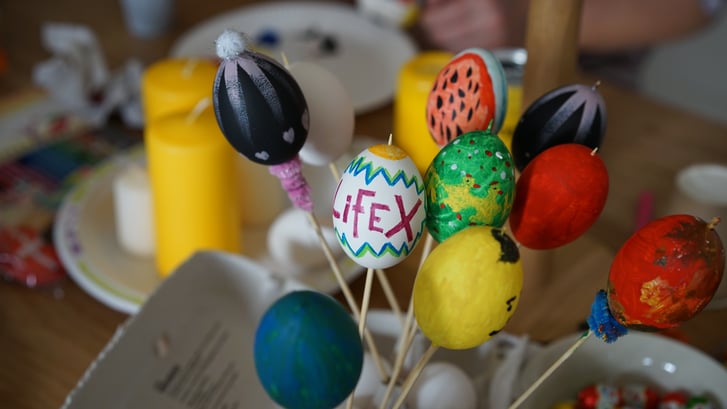
- Christmas is a big deal in Denmark, you will notice tons of decorations and lights all over Danish cities. On Christmas day Danes dance around the christmas tree singing songs with their family before opening some gifts. “It’s really something special in Denmark, one of my favorite traditional things is our special porridge with almonds [Risalamande] which I love and always make even when I’m abroad” Tina shared. Regardless of what holidays you celebrate, you will be sure to enjoy the Danish hygge in full swing. So have a glass of gløgg, take in the lights and the winter season will be a breeze.
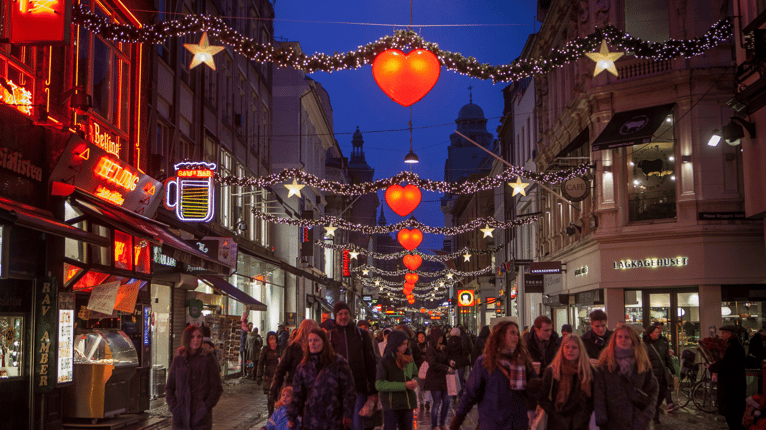
- Birthdays are well recognized in Denmark. A classic birthday begins early in the morning, normally Danes are woken up with a cake in bed surrounded by family/friends singing to them. The biggest ‘milestone’ birthday is when you turn 18 (legal age for voting, becoming an adult, and getting a driver's license) many Danes ring it in by having a big party. Anytime there is a birthday, expect to see lots of Danish flags around, they are as much a birthday decoration as balloons and streamers. Pro tip: if you’re working in Denmark, the expectation is that you will bring a cake into work on your birthday - this can feel a bit strange for foreigners but just go for it, it’s totally normal! 🎂
- Graduation from high school is certainly the main graduation milestone, it’s definitely a noticeable event in Denmark. When Danes graduate high school - you will be sure to know. The tradition is that every graduating class gets on a big open truck and drives all over their city visiting the home of each student in the class; expect lots of music, honking, and dancing. These celebrations happen in late June to early July, be sure to honk or ring your bell as they drive by! You can always notice a new high school grad as they will be wearing a sailors hat to mark this milestone.
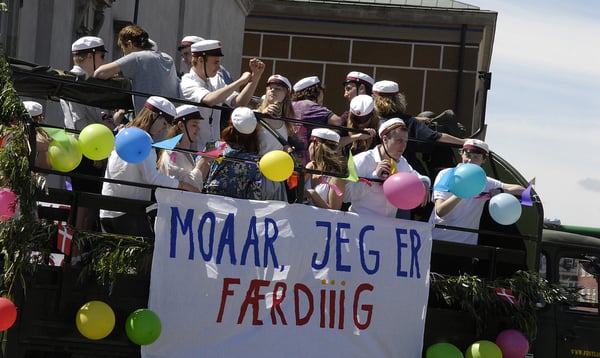
- New Years Eve is a much anticipated celebration in Denmark. There is quite a lot of build up and plans are made pretty far in advance; so if you wait until the last minute to plan something, don’t be surprised if people are booked up! Danes usually celebrate NYE with friends and start by making a big dinner together. It’s pretty common for people to get dressed up, even if just going to a house party. You will be sure to hear lots of fireworks - which are only legal to use for a small window of time in Denmark (Dec 27th - Jan 1st) because they are that important to the celebration! As the clock counts down to midnight make sure to get up on a chair, Danes start the new year by literally jumping into it!
Misconceptions About Denmark
Though Denmark makes headlines for happiness and high quality of life, you can also expect to read about some of the downsides or harder things about life in Denmark. This was especially interesting to hear about from the Danes we spoke to.
- Approachability - When asked if there were any misconceptions about Denmark that they wanted to address, the main thing each of them stressed was about how Danes aren’t as unapproachable as reported. Almost every article for expats about life in Denmark addresses this, Danes are notorious for seeming cold or reserved. If you come from a very open culture, this can be especially challenging. The Danes we chatted with all understood the sentiment, however they wanted to clarify that it’s not the intended impression most Danes are trying to give. “Even when two Danes meet it still takes a long time to get to know each other, this is not only for internationals. Taking the first step will go a long way so just ask someone for a beer or coffee” said Jonas. Morten mentioned that if he could ‘borrow’ one thing from another culture (and apply it to Denmark) it would be “the openness, energy, and laid back approach to meeting new people and making new friends, like you find in South American cultures.” It seems that breaking the ice and taking the first step can go a long way, if a Dane you’re trying to befriend seems reserved don’t assume that they don’t want to get to know you!
- Working culture Tina mentioned that she has seen some negative international headlines about Danes ‘not working hard’ or ‘relying on the welfare system’. “People from other cultures don’t always understand that we focus on being very productive and not on putting in longer hours” said Tina. On first glance, people from different working cultures might associate an empty office at 5pm with a ‘lazy workforce’ whilst in Denmark it represents a productive workforce. Danes are extremely hard working and efficient, they have a great social safety net but it’s certainly not abused.
- Immigration and integration Denmark has also received criticism when it comes to immigration. Jonas mentioned that he hopes that the criticisms of the Danish government don’t affect how foreigners view Danish values on an individual level. Stating that “on an individual level Danes are open to new cultures and happy that people from all over the world want to live in Denmark”. Small countries like Denmark have continuously changing policies when it comes to immigration, so it’s important to look at the big picture and know that the Danes you walk the streets with want you there.
- Expensive and chilly. This isn’t wrong, Denmark does have a high cost of living, but of course this depends a lot on location and you can also have some peace of mind knowing that salaries match the market. The high taxes are part of what provides such a high quality of life in Denmark - you can have a good feeling of knowing those around you are taken care of. When it comes to weather, the best thing you can do is dress for the season (layers are key) and hygge it up when the sunlight hours are short! Tina’s advice on this matter is, “it’s not as dark as people think and hey, it’s not as expensive as Norway!”
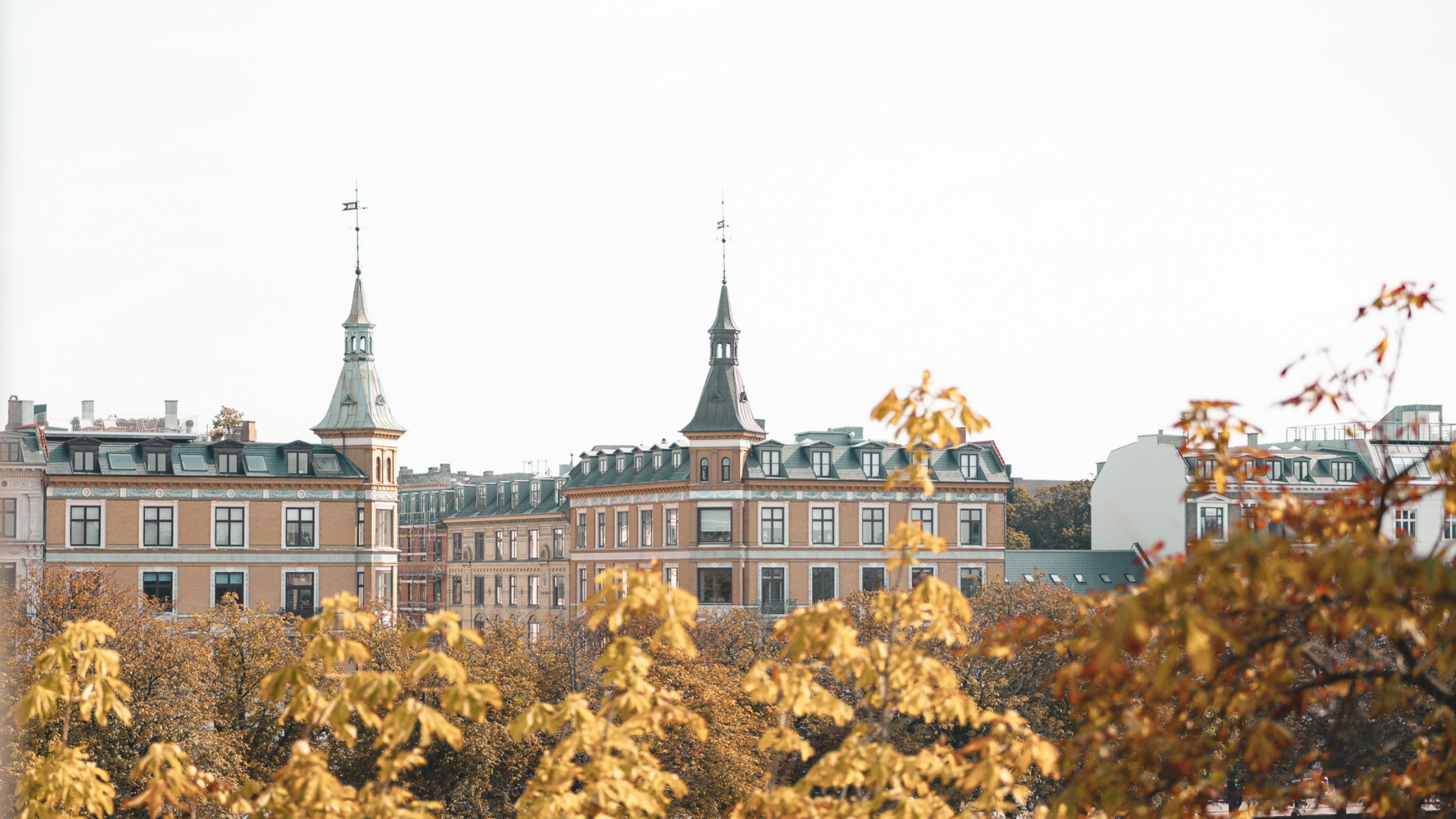
Advice People Moving to Denmark and Newcomers!
After reading this, you should have a good foundation for understanding Danish culture. Hopefully it helps you set your expectations and get excited about Danish culture or life in Denmark if you’re planning to move!
With that, we leave you with a few pieces of advice from Tina, Morten, and Jonas:
- Take the first step when it comes to making friends with a Dane!
- Join a sports club, hobby group, or a community - it’s a great way to meet new people.
- Live with a Dane so you can have the full inside scoop (an easy way is to live in a LifeX apartment 😉)
- When you first arrive, go for a bike without a map - it’s the best way to learn a city in Denmark.
- If you’re looking for good bars/restaurants in Copenhagen, look outside of the city centre for the most authentic places.
- Try learning some Danish, it’s easy to get by with English but Danes really appreciate it. A little bit will get you a long way!
